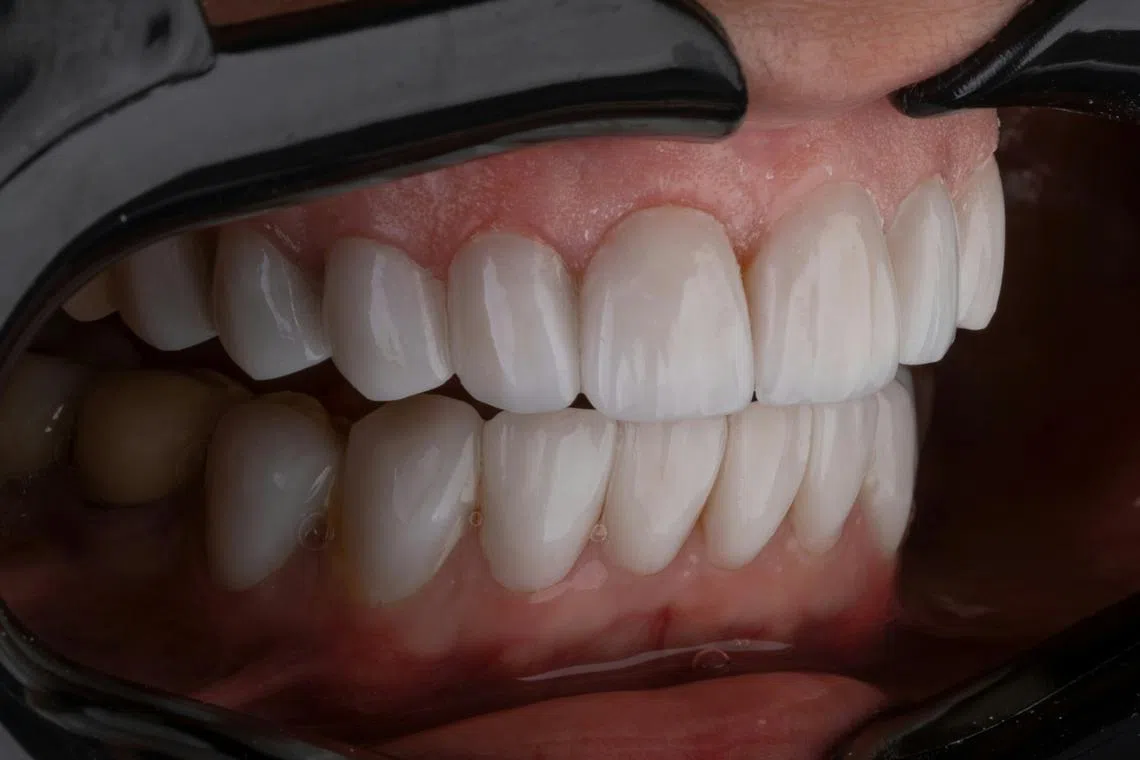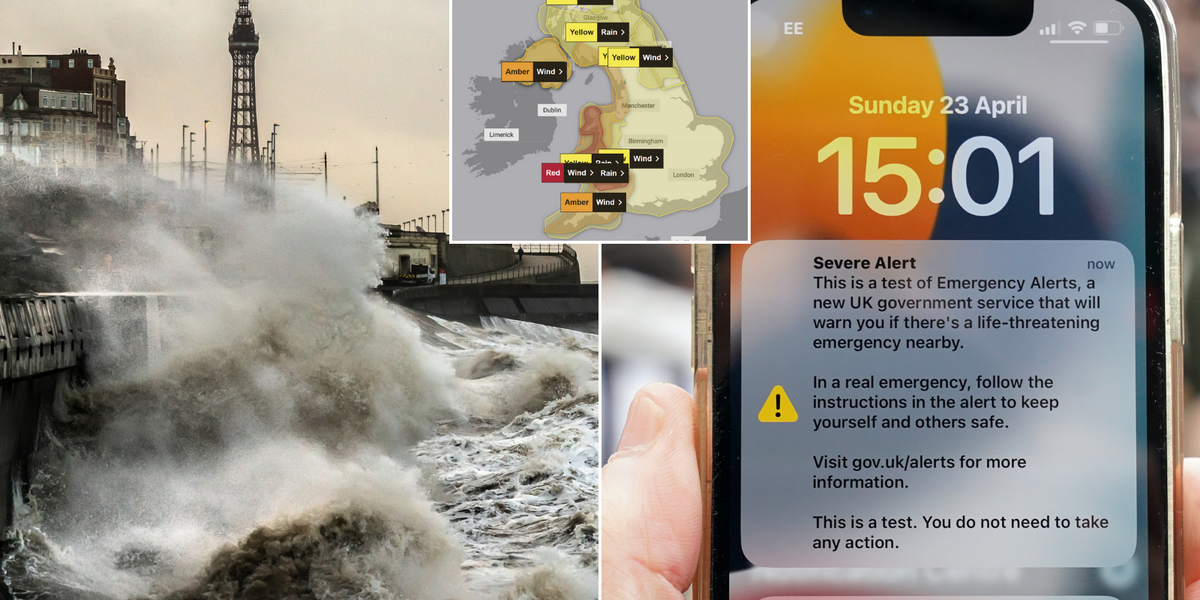SEOUL – Lee Suyoon, a 20-year-old student, was at home just outside of Seoul on Dec 3, sharing a late-night fried chicken dinner with her mother when her phone started buzzing.
A flurry of messages from her friends alerted her that martial law had been declared in South Korea and soldiers were breaking into the National Assembly.
Ms Lee, who like others her age entered adulthood largely detached from politics, dismissed the notion that there could really be a military dictatorship, and she went to bed.
Everything changed the next day.
As her Yonsei University classmates talked nonstop about what had happened, they shared videos of soldiers clashing with lawmakers, and news articles about military generals testifying before parliament. After seeing that other campuses were galvanising protesters, she felt compelled to act.
By Dec 7, Ms Lee had persuaded four friends to join her and tens of thousands of others to demand President Yoon Suk Yeol’s removal outside the National Assembly, while a vote on an impeachment motion was underway inside.
“The martial law declaration has forced me to realise that democracy is important,” she said after the protest, and that it is also fragile.

Protesters holds up placards calling for the impeachment of President Yoon Suk Yeol during a rally outside the National Assembly in Seoul, on Dec 9.PHOTO: EPA-EFE
Mr Yoon’s attempt to suspend the country’s democracy has given rise to a new group of politically active South Koreans.
They belong to a generation often criticised for its political apathy – one that hasn’t been exposed to the dark days of military rule before the late 1980s that the country’s older generation remembers all too well.
In the past week, the protest crowds have been younger than they often have been in recent years: People in their late teens and 20s joined people their parents’ and grandparents’ age, all spooked and angered by the president’s brazen action.
They infused the street protests with energy, erupting in cheers when organisers blasted the latest pop songs. They waved their K-pop light sticks and made protest anthems go viral online.
Shin Yu-jin, 26, a landscape architect, was among the thousands of first-time demonstrators. She also had initially dismissed the martial law declaration. But seeing friends on Instagram who were out protesting on Dec 7, she promptly set out to join them.
“It was my day off, and I didn’t have anything to do,” she said. “Yoon Suk Yeol made such a grave decision on his own to shake up the whole country for no valid reason, so I was furious.”
She was unprepared for the frigid temperatures: She only brought one hand warmer. But she was pleasantly surprised to see so many other women around her age.
As she watched some lawmakers leave the Assembly floor instead of voting, saving Mr Yoon from impeachment, she said she cried, overcome by a sense of betrayal.

People take part in a protest calling for the ouster of South Korea’s President Yoon Suk Yeol outside the National Assembly in Seoul, on Dec 8.PHOTO: AFP
More experienced protesters in the past week noticed the demographic shift from the crowds that gathered eight years ago to demand the impeachment of former President Park Geun-hye. While those were some of the largest demonstrations ever seen in South Korea, what’s at stake is different this time: democracy itself.
Choi Suk-hwan, 44, a volunteer leader at the protests in Seoul, said that he felt a kinship with those who were part of the pro-democracy struggle of the 1980s, an era from which he said much of South Korea’s protest culture originated. For him, the past week’s rallies were a chance for him to help pass on that tradition to younger people.
“Each generation teaches the next,” he said, after directing volunteers to hand out thousands of candles and flyers near City Hall.
Today’s teens and people in their 20s are contemporaries of the 250 students who died in the Sewol ferry disaster in 2014 and many of the nearly 160 people killed in the crowd crush in Itaewon around Halloween in 2022.
Both tragedies might have galvanised them to join ensuing protests had they not been too young or too occupied with their studies to do so.

A group of trainee doctors and participants hold placards during a rally to protest against President Yoon Suk Yeol in Seoul, on Dec 8.PHOTO: AFP
Instead, before last week, Ms Lee and her university peers were wary of talking openly about politics. Neutrality was a virtue, so as not to start bitter arguments in a country where politics have become very polarised.
All that changed after six hours of martial law made her and her friends realise that the democracy hard-won by earlier generations was at risk. There was a consensus that it shouldn’t be allowed to happen again, she said.
Part of that consensus, she said, came from the fact that the country’s days of military rule had – until late on Dec 3 – been consigned to the history books. The school curriculum includes lessons about the last time martial law was imposed, when paratroopers beat and killed as many as hundreds of pro-democracy protesters in the city of Gwangju in 1980.
Recent movies that depict the era of military rule – A Taxi Driver, 12.12: The Day, 1987: When the Day Comes – had helped teach her generation what her country had lived through before democracy.
Mr Yoon’s declaration of martial law was a traumatic echo, and Ms Lee found herself glued to her phone, talking about the news with her friends in their group chat on KakaoTalk, a texting platform.
When news came on Dec 5 that a vote to impeach the president was scheduled for Dec 7, she began planting seeds to convince her friends to attend a protest with her.
“This vote is happening on Saturday,” she recalled telling her friends. “Shouldn’t we be going?”

People take part in a protest calling for the ouster of South Korea President Yoon Suk Yeol outside the National Assembly in Seoul, on Dec 7.PHOTO: AFP
One of her classmates, Kwon Min-jae, 25, agreed and helped organise a group of five to go. She said that it was unlike him to be vocal about politics.
But the president’s declaration of martial law was a turning point for him and many of his peers to become more politically involved. Mr Kwon said that his recent experience in the army, into which he was drafted like all South Korean men, had made him wary of the risks of letting the military run civilian life.
“Once you’re in that system, you have to follow orders, no matter what you think,” he said.
He convinced another classmate, Goh Hee-seung, 23, to join. Mr Goh, who had voted for Mr Yoon in the 2022 election, said that he was initially unsure about joining but decided he would regret staying on the sidelines.
“I thought it would be irresponsible not to go to a protest calling for the impeachment of a president I helped elect,” he said.
Mr Goh said that attending the protest had given him a political identity crisis. After watching the lawmakers from the ruling People Power Party sit out the impeachment vote, he felt he could no longer support it.
“Something absurd has just happened, and something absurd is happening to back it,” he said.
Mr Goh added that he would likely vote for a third-party candidate in the next election, repeating a common sentiment: Many people favor neither Mr Yoon nor Lee Jae-myung, the leader of the opposition Democratic Party who would be most likely to win if a presidential election were held now.
After news broke at around 9.30pm that the Dec 7 impeachment effort had failed, protesters began dispersing.
The disappointed group of classmates huddled together, at a park near the National Assembly in the freezing cold, trying to make sense of what had just happened. Most agreed to go for drinks afterward and discuss their next move.
“After I finish a few exams,” Lee said, “I will continue to protest.” NYTIMES
Join ST's Telegram channel and get the latest breaking news delivered to you.

 By The Straits Times | Created at 2024-12-13 00:44:17 | Updated at 2024-12-13 03:41:29
3 hours ago
By The Straits Times | Created at 2024-12-13 00:44:17 | Updated at 2024-12-13 03:41:29
3 hours ago








